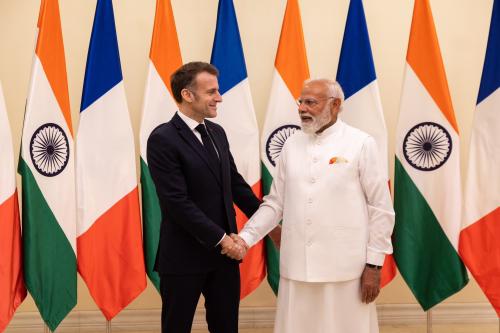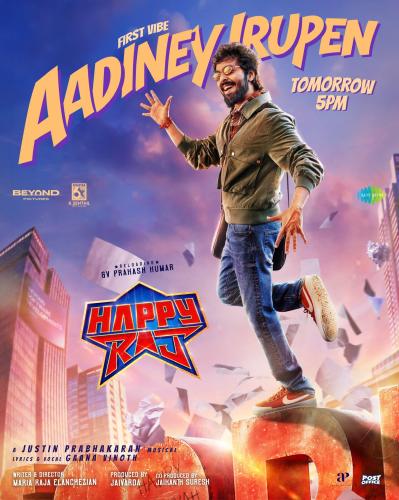Beijing: Jackie Chan’s new movie Kung Fu Yoga features an Indian character praising President Xi Jinping’s Belt and Road Initiative (BRI), an ambitious China-led connectivity project that India has so far declined to join, with film critics calling it “brazen political propaganda”. The RMB 400-million movie, which was released in China on January 28, is one of three Sino-India joint productions. It is expected to be screened in India from February 3. The adventure comedy spanning China, India and Dubai has an Indian character who vindicates the BRI project while talking to Chan, who plays an archaeologist expert on India-China relations. “Basically, in the movie, the Indian archaeologist comes to China to ask Jackie Chan’s Chinese archaeologist to help her research as he’s supposed to be an expert on Indo-Chinese cross-cultural history. She says their cooperation on this aspect is ‘in line with the One Belt, One Road Policy’,” a film critic, who did not wish to be named, said. Talking about cultural and historical similarities between India and China is probably separate from plugging a high-profile strategic initiative launched by the Chinese president that India has so far stayed away from. The BRI, or the One Belt, One Road initiative, is a multi-billion dollar project that aims to connect China to Asia and Europe over land and sea. India’s response to the BRI has been less than lukewarm, not least because a flagship project, the China-Pakistan Economic Corridor, passes through Pakistan-occupied Kashmir (PoK). Diplomats feel the BRI is aimed at expanding China’s strategic and economic influence worldwide and negating India’s in South Asia. The film, directed by Stanley Tong, was announced as one of three India-China movie projects in May 2015, when Prime Minister Narendra Modi visited China. In September 2014, the two countries signed an audio-visual co-production treaty to bring their film industries together when Xi’s visited India. “However, co-producer Viacom 18, one of Bollywood’s biggest studios, soon pulled out. If the partnership had worked, one wonders if Tong would still get away with Chan’s character preaching incessantly to Indians about their history to the point where the villain yells, ‘Stop teaching me about my own country!’ Or such brazen promotion of China’s political agenda as having the Indian protagonist exonerate the One Road, One Belt policy,” wrote Maggie Lee, chief Asia film critic for Variety magazine. New York Times film critic Andy Webster found a “subtext about the economic rivalry between China and India”. Incidentally, Chan was nominated to the top advisory body, the Chinese People’s Political Consultative Conference, in 2013 and is considered a staunch supporter of the Communist Party of China. Kung Fu Yoga was released in China on the first day of the Lunar New Year and is already a talking point among hundreds of millions of Weibo (China’s Twitter) users. Many commented on the mention of the BRI in the movie. “Someone criticized Chan’s preaching in the film, and actually Jackie had done that in his early period films. Many commercial films would convey values, so the mention of The Belt and Road is not so abrupt. It may be criticized by opinion leaders on internet who are sensitive to politics, but for most of the audience, the lion in the film is more impressive,” said one user in Chinese. Another said: “I watched this for Chan’s Chinese Kung Fu show and his humor. There are some reasons that Chan is prosperous in China: He is promoting the Belt and Road, making sure of correct political orientation, and at the same time exporting the film to abroad.”
Indian character in Jackie Chan movie used for pro-China ‘propaganda’
- by Prashant Shah
- February 01, 2017 2 minutes












